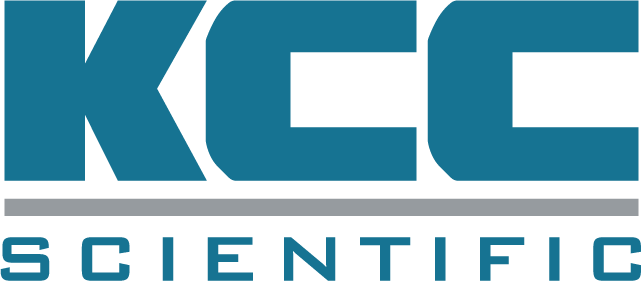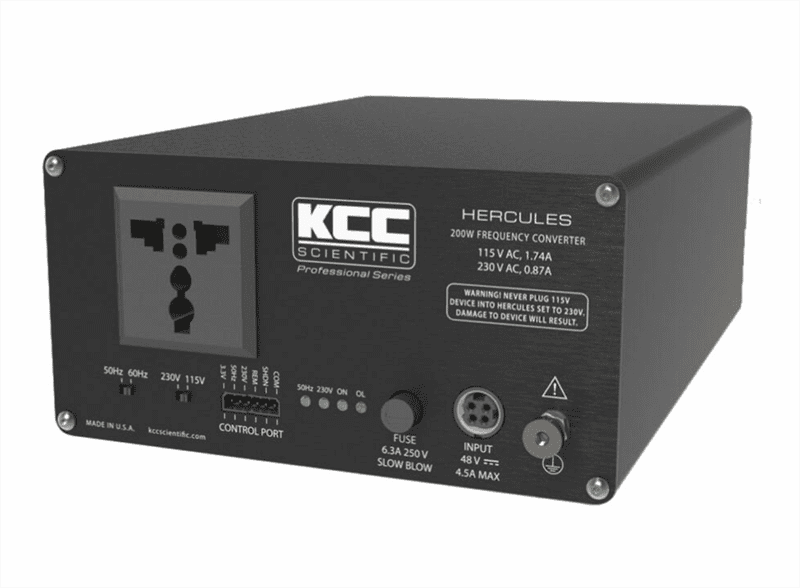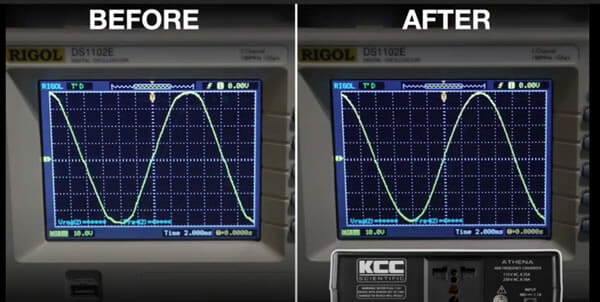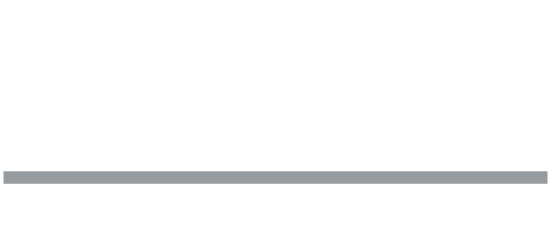Photo by Dane Deaner on Unsplash
Ken Reindel May 3, 2023
To view frequency and voltage converters for purchase click here: https://www.kccscientific.com/frequency-converters/
US (for that matter, North American) home appliances were developed to be powered from 115V AC at 60Hz. Most devices designed to be used in European countries were designed to be powered from 230V AC at 50Hz. That said, some devices today are designed to operate on a dual (or even universal) mains grid. To determine if your device is dual mains grid rated, you need to look for the power rating tag on the device.
Unfortunately, voltage isn’t the only consideration. Many are designed with some form of an induction motor. These motors sometimes can tolerate 50Hz found in European countries, while others cannot and indeed may suffer early failure or overheating if operated on 50Hz. Some appliances have associated electronics and timers that depend on the proper frequency being applied so that they can operate properly. Because so many appliances are designed with cost consciousness in mind, we find that they often do not operate on both voltages and frequencies very well. This means you will probably require both a voltage and frequency converter to use your 115V AC 60Hz appliances outside of North America.
Using US manufactured appliances in many Caribbean islands can be profoundly vexing. On many Caribbean islands, the mains supply is 115V AC, same plug styles as in the US (North America). So you would imagine that your US (North American) appliances should work on these islands! Well, it turns out that is not entirely true. The mains frequency present on many islands is 50Hz, and most US (North American) appliances are designed to operate at 60Hz! And, as previously stated, this could lead to overheating or early failure of your appliance. So it is essential that frequency conversion be provided before powering US (North American) manufactured appliances on these islands, for reasons stated previously.
Let’s face it. Frequency conversion is not generally inexpensive and lightweight, at least not if you desire a reliable, well-built device that takes into account ALL of the issues you need to worry about. And, some are exorbitantly large. As a result, you might decide that conversion is not worth the cost of the appliance, and that is reasonable. But if you love your special appliances, as many folks do, you should consider getting an economical and reliable converter that will allow you to power your appliances (or, at least, many of them) and take them with you when you relocate.
Devices like blenders, mixers, meat cutters, gas powered ovens and driers, washing machines and some microwave ovens can be powered with a KCC Scientific Mercury family product. Some refrigerators, wine coolers and similar can be powered with Mercury as well. You should not consider powering electric ranges, ovens or electric dryers with a converter, and the same with most dishwashers (due to power required by the drying element). The economics just don’t make any sense–the converter to accomplish these jobs would be up to 10x more expensive than the cost of replacing the appliance!
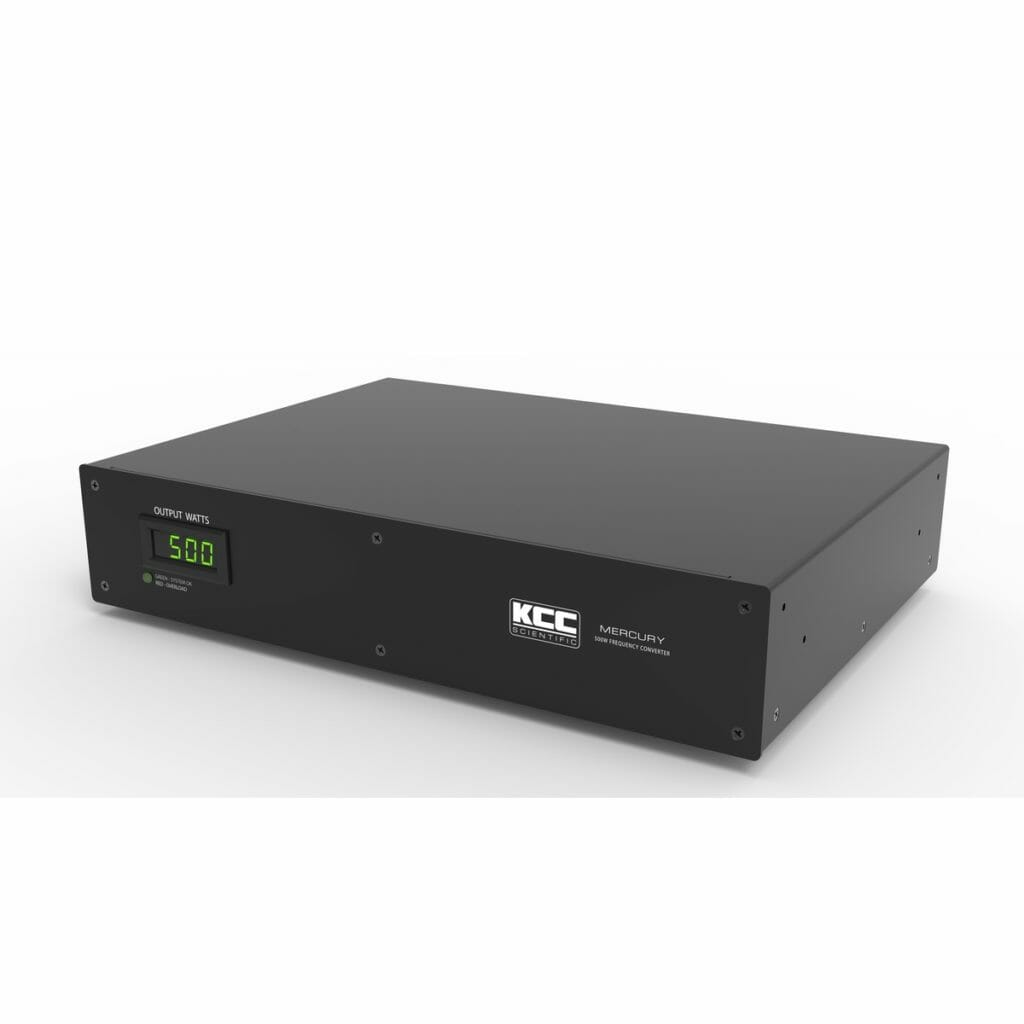
KCC Scientific converters will operate at ANY input voltage (universal input) and provide either 115V AC or 230V AC output (switch selectable), and output either 50Hz or 60Hz (again, switch selectable). In effect, they can step up, step down, or step across–all possible with the same product! That means they can be used to power anything within their power rating, anywhere in the world! They are truly universal. No other product on the market can make that claim.
When all the factors are weighed in, KCC Scientific converters are the lowest cost, most universal, most reliable and rugged, lightweight and size-conscious devices out there, offering product choices so that you only need to buy what you need. If you need help determining how to power your valued appliances contact us here: https://www.kccscientific.com/contact/
To view frequency and voltage converters for purchase click here: https://www.kccscientific.com/frequency-converters/
